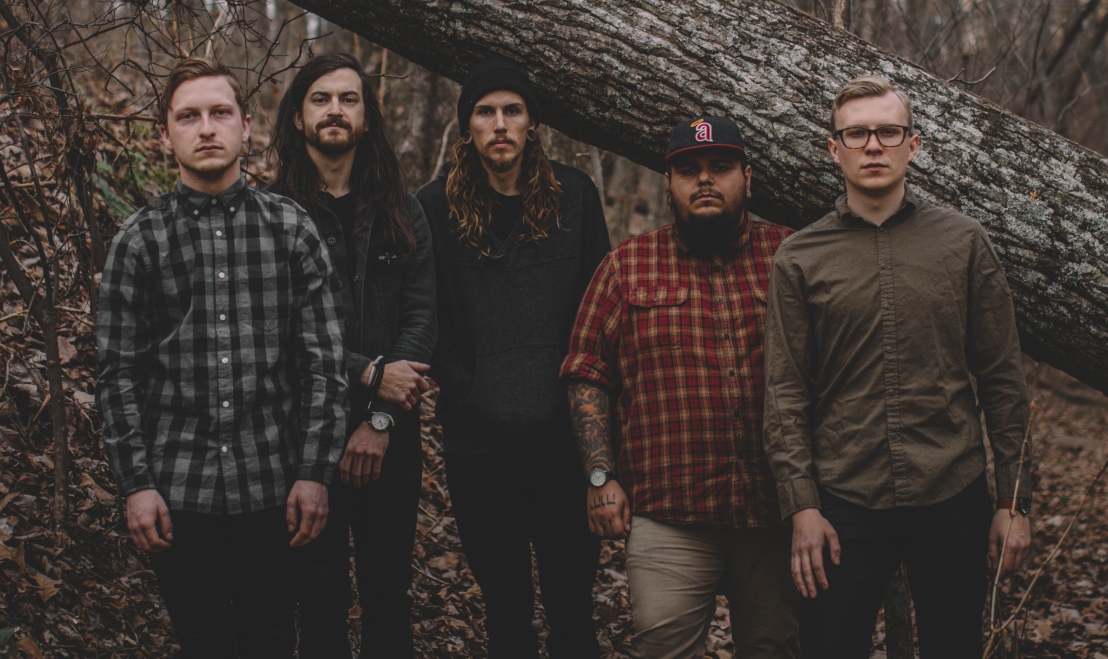In 1992, symphonic metal band X Japan were already hugely popular in their home country and were gaining popularity throughout the Far East, riding the coattails of their first two albums, Blue Blood (1989) and Jealousy (1991). They were also one of the first Japanese bands to get mainstream airplay and acceptance despite being on a independent label. And while many of their hard-rock peers from the ’80s were getting left by the wayside, X decided to go even bigger and better.
Following a minor lineup change (bassist Taiji left the group and was replaced by current bassist Hiroshi “Heath” Morie), songwriter/pianist/drummer Yoshiki decided to record X’s new album in the United States.

He arrived in North Hollywood and dropped in at One on One Recording Studio, where Metallica had famously recorded its self-titled debut album. Yoshiki was blown away while taking a tour around the place, and he remarked that it was the best place he had ever seen as far as recording drums were concerned. He expressed interest in buying some studio time, but the manager said they were full, joking that if Yoshiki really wanted to record there, he’d have to buy the studio himself.
The next day, Yoshiki came back, money in hand, and bought the studio.
Always meticulous and methodical as a composer, Yoshiki decided that he wanted the entire album –titled Art of Life– to be one song, clocking in at 29 minutes long. That’s ambitious enough, but Yoshiki also wanted to have tempo changes, solos, no set chorus, and heavy orchestration. He got it, and a progressive symphony was born.

A classically-trained piano player from the age of four, Yoshiki was inspired by Schubert’s “Unfinished Symphony” when he was composing Art of Life (which took about two weeks to write). Lyrically, the song is intensely personal, written from Yoshiki’s perspective after his father committed suicide. The song/album was recorded in numerous locations, including Yoshiki’s own studios in L.A. and Tokyo, while the orchestra parts were recorded at England’s legendary Abbey Road Studios.
Art of Life starts with a dreamlike acoustic intro accompanied by Yoshiki on piano. Vocalist Toshi sings the opening lines and this goes on for a few minutes until the power metal riffs start, filling the air with dueling guitars and a manic gallop from the drums. Several recurring motifs occur musically, but there are no real verses or chorus, instead allowing for guitar solos, heavy use of strings (courtesy of the Royal Philharmonic Orchestra), and a few spoken word passages.
And this is all before we reach the 11-minute mark.
At around 15 minutes, a piano solo starts and goes on for a good eight and a half minutes, featuring layered melodies and lengthy improvisation. It’s jaw-dropping to say the least. The final seven minutes of the song are another verse and several other complex parts before going into another recurring melody (but again, not an actual chorus). It’s really amazing how well it all connects, musically and emotionally.
Obviously, progressive rock/metal isn’t new and it certainly isn’t for everyone. I’d certainly recommend X Japan to anyone who would listen, but Art of Life, even more so than the rest of their catalogue, requires patience and an open mind. I’d also say that you also need some type of basic appreciation for classical music before you dive into X’s discography.
But none of that takes away from Art of Life. It’s a truly unique piece of art that is extraordinary and powerful. Blending so many complex emotions as effortlessly as it blends classical music and hard rock, Art of Life stands as maybe the biggest statement that X has made to the world of music — their “Stairway to Heaven,” if you will.
“If you like music, you owe it to yourself to hear this,” says Nick Butler of Sputnik Music.
TRACK LISTING:
- Art of Life (29:00)
PERSONNEL:
Yoshiki – piano/drums/lyrics
Toshi – vocals
Hide – guitar
Pata – guitar
Heath – bass
String arrangements and orchestration by Dick Marx and Shelly Berg
Performed by the Royal Philharmonic Orchestra


